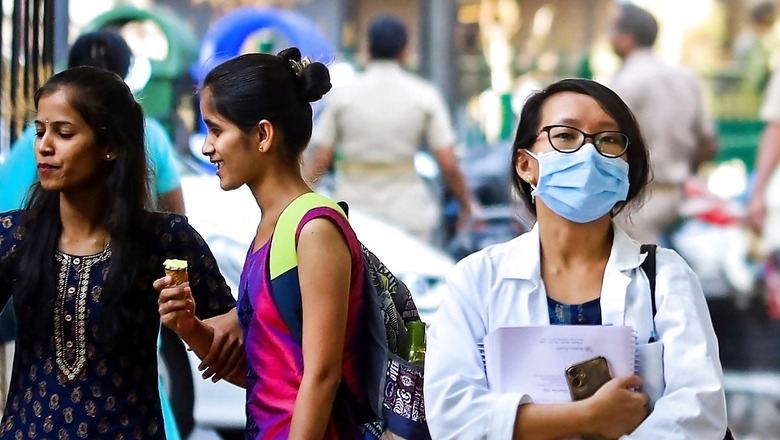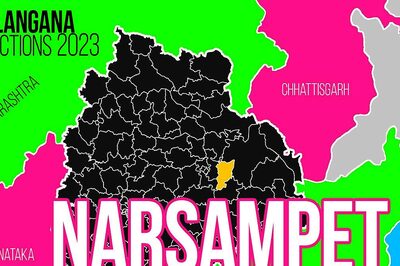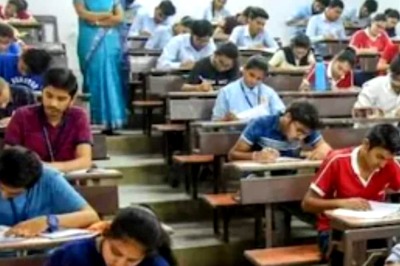
views
The National Medical Commission (NMC) has released a notice warning medical colleges against fake recognition letters for postgraduate (PG) programmes. The commission has informed that these fake letters have also been signed under the name of the president of the Post Graduate Medical Education Board (PGMEB). The official notice is currently available on the main website of NMC at nmc.org.in.
“It has come to the notice of Post Graduate Education Medical Board, National Medical Commission that fake/forged letters of recognition under forged signature of Dr Vijay Oza, president PGMEB have been claimed to be received by a few medical colleges,” the official notice by the commission reads.
Further in the notice, the commission has mentioned that these fake letters are sent via dedicated mail as well as a letter dispatched via speed post. Additionally, the commission stated that all stakeholders who are involved, including medical colleges, are hereby advised not to fall into the trap of any such fake letters of recognition or renewal of recognition if the same is not received by post from NMC, PGMEB, or a dedicated email from NMC.
Earlier in September, the NMC issued a warning against fake authorisation letters sent to medical institutions in Karnataka, Andhra Pradesh, and Tamil Nadu. As per reports, fake letters of permission (LOPs) were given to medical institutions including Santhiram Medical College in Kurnool, Andhra Pradesh; GSL Medical College in Rajahmundry; Meenakshi Medical College in Kanchipuram, Tamil Nadu; and GR Medical College Hospital and Research Centre in Karnataka.
The NMC also announced the list of medical colleges that the Medical Assessment and Rating Board (MARB) has awarded permission or renewal for undergraduate (UG) and postgraduate (PG) seats for the academic year 2023–24, reports add.
On the other hand, the Ministry of Health and Family Welfare announced the formation of the MARB on August 1, 2019, in compliance with the NMC Act of 2019. The MARB will examine and rate both public and private medical institutions depending on how effectively they follow the commission’s standards.
In line with the guidelines provided in the Indian Medical Council (IMC) – Professional Conduct, Etiquette, and Ethics Regulations of 2002, which are governed by the Indian Medical Council Act of 1956, the ministry asserts that cases or complaints pertaining to medical negligence are handled by the State Medical Council in question or the Directorate of Health and Family Welfare in the relevant State or Union Territory.
Those who disagree with the State Medical Council’s decision may file an appeal with the Ethics and Medical Registration Board of the National Medical Commission, the ministry announced.



















Comments
0 comment